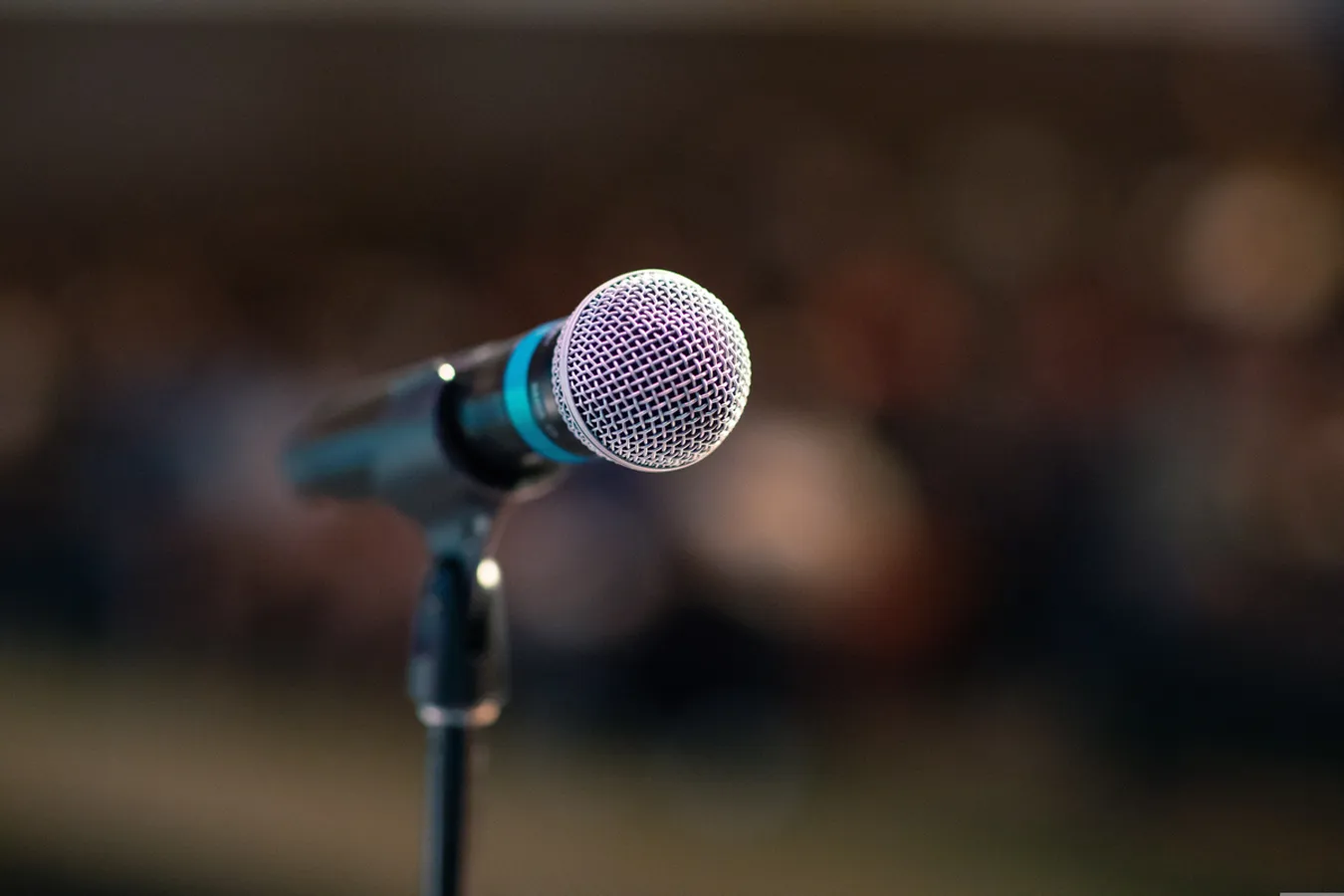Talk: The legacy of Solidarność in Eastern Europe, 12:00 – 12:20
Peace movements from then and today
In 1981, Solidarność issued an urgent appeal to the workers of Central and Eastern Europe, including the GDR, to emphasize Poland’s support for the struggle for freedom in its neighbouring countries. How did Solidarność come about and what are its underlying demands? A look at the current situation in Belarus and the memory of Vasyl Stus illustrate the continuing relevance of Solidarność’s ideals in the current freedom struggles in Central and Eastern Europe.
Talk: Solidarność – How we experienced it, 12:40 – 13:00
Ewa Maria Slaska & Monika Wrzosek-Müller in conversation
Monika Wrzosek-Müller and Ewa Maria Slaska share their experiences of the Polish freedom movement known as Solidarność from the perspective of activist women who lived through this eventful era themselves – one of them in Warsaw, the other in Gdansk. For both women, it was a life-changing experience.
Monika Wrzosek-Müller is an author and translator. Ewa Maria Slaska is a writer, blogger and project manager. Both belong to the baby boomer generation and have been living in Berlin for roughly 40 years.
Music: The “Chorwerk Potsdam” Choir, 13:20 – 13:40
Sing-along songs for peace and freedom
ChorWerk Potsdam is a non-profit organisation founded in 2022 and dedicated to fostering choir-related activities in Potsdam. It offers choirs and workshops for different age groups and covers genres ranging from classical music to pop and jazz. The organisation places special emphasis on community and diversity and seeks to bring the joy of singing to its own members as well as to all audiences.
20 singers will sing 5 songs – sometimes together with the audience.
Reading: OCTOBER SPRING 1989 – Kaleidoscope of a Revolution, 14:00 – 14:20
Act I: The end of the GDR begins in the countryside. The Stasi is worried about the increasing signs of resistance: an inflammatory leaflet here, a banner there, a church service here and a prayer for peace there. These are still isolated incidents, but they can no longer be denied. Many citizens are starting to sense that the time is ripe for change!
A production by Vajswerk Recherche Kunst Kollektiv e.V. in cooperation with Theater unterm Dach
Starring: Hannah Kobitzsch, Manolo Palma and Stephan Thiel
Director & playwright: Katja Lehmann, drawing on research by Stefan Paul-Jacobs
Reading: OCTOBER SPRING 1989 – Kaleidoscope of a Revolution, 14:40 – 15:00
Act II: It’s the autumn of 1989, and courageous East German citizens all across the country – whether in Blankenhagen, Zeulenroda, Halberstadt, Sömmerda, Parchim or Waren an der Müritz – are bringing their protest to the streets. The motto that unites them motto is: “No violence!”
Reading: OCTOBER SPRING 1989 – Kaleidoscope of a Revolution, 15:20 – 15:40
Act III: No one thought it was possible, even though so many had dreamed it would happen one day: but on 9 November 1989, it became a reality. The Berlin Wall has finally come down. The border is now open. But what happens next?
Talk: flüstern&SCHREIEN – The underground music scene of the GDR, 16:00 – 16:30
A conversation with Dieter Schumann, Jochen Wisotzki and Kai Uwe Kohlschmidt
Flüstern & SCHREIEN (tr. Whispering & SCREAMING) is a documentary film made in East Germany between 1985 and 1988 by directors Dieter Schumann and Jochen Wisotzki. The film explores the rock music of that era, following the lives and everyday challenges facing young bands like Silly, Feeling B and Sandow, all of which were known for pushing back against official GDR cultural policies. Drawing on a mix of interviews and live performances, the film captures the urge of these young musicians to express their identity and criticise the system through their music. The film’s premiere took place in 1988 at the Kino Colosseum in East Berlin and is today considered to be an important contribution to East German cultural history.
To mark the 35th anniversary of the fall of the Wall, Dieter Schumann (director), Jochen Wisotzki (co-director) and Kai Uwe Kohlschmidt (singer and guitarist of the band Sandow) will talk about the Peaceful Revolution from their vantage point in the underground music scene of that era.
Music: INA WEST, 16:50 – 17:10
Performing songs from “Spiewnik solidarności i wolności”
INA WEST is a Polish producer, singer and pianist based in Berlin, combining the minimalist chill of Moderat with the concert energy of Die Antwoord. She experiments along the border of electronica, neoclassical and jazz, diving into raw techno areas and tribalism, which takes you by your hand and invites you to dance. Today she will perform her own versions of the famous “Spiewnik solidarności i wolności”.
Social Media
